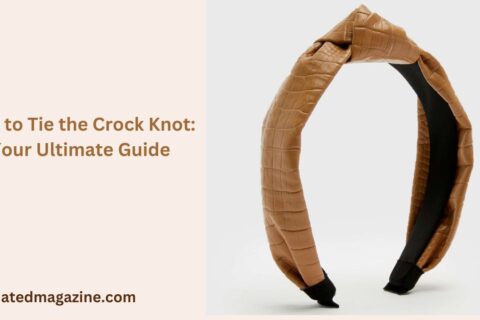Thyroid nodules are common, but luckily, there are non-invasive ways to handle them. Some methods even shrink the nodules and help your thyroid function better. These choices include monitoring, hormone therapy, and ultrasound-guided procedures. For some patients, drinking radioactive iodine or using injections might be more beneficial. Choosing the right treatment depends on how big the nodule is, how it impacts your health, and what your personal preferences are. This article explores five non-invasive treatments for thyroid nodules that could help you manage this issue without any major surgery.
RFA: A Minimally Invasive Solution
Using radiofrequency technology, thyroid ablation procedures provide a safe and efficient nonsurgical method for shrinking benign thyroid nodules without compromising thyroid function. A tiny needle targets radiofrequency radiation from ultrasonic guidance to decrease the nodule by causing heat-induced cell death, therefore conserving healthy thyroid tissue.
This outpatient procedure eliminates dangers related to conventional surgery, including scarring or hypothyroidism, provides less recovery time, and calls for local anesthetic. For nodules generating cosmetic issues, pain, or compressive sensations, RFA is most successful. With many patients witnessing significant size reduction in a few months, this is a perfect alternative for those trying to avoid the complications of surgery while obtaining long-term comfort.
Hormone Therapy
Hormone treatment could assist in reducing some thyroid nodules, especially those spurred by surplus thyroid-stimulating hormone (TSH). When you take thyroid hormones, they can tell your body to shrink the nodules down. This method is particularly beneficial for people grappling with hypothyroidism and having associated nodules.
Treating hypothyroidism with hormone therapy could not only reduce the size of thyroid nodules but also balance hormone levels in the body. However, this approach might not be effective for all types of nodules. Results differ from person to person, hence careful conversations with healthcare professionals are necessary to grasp its possible effectiveness.
Ethanol Injection
Ethanol injection is a revolutionary nonsurgical treatment for thyroid nodules. A doctor carries out this process by guiding a needle into the nodule using ultrasound for precision. Then ethanol, a type of alcohol, gets infused directly into this nodule. The aftermath? The ethanol works hard to destroy the cells of the nodule, leading to its shrinkage over time.
This technique is quite beneficial for cystic nodules filled with fluid or even solid ones. Patients like it because it’s less invasive and cuts down recovery time significantly. Many people note a remarkable decrease in their nodules after undergoing this procedure, marking it as a safe and effective option.
Radioactive Iodine Therapy
Radioactive iodine therapy provides a unique approach for treating specific thyroid nodules along with hyperthyroidism. With this method, you consume iodine imbued with radioactivity either in liquid or capsule form. Your thyroid gland absorbs this iodine readily. The radioactivity present helps shrink any overactive nodules or even the thyroid itself.
This procedure has gained prominence due to its non-invasiveness and ability to effectively target problematic areas without disturbing surrounding tissues. However, this option may not be suitable for everyone—especially those with benign nodules should consult their doctor first. One should give careful thought to possible adverse effects, including transient changes in thyroid activity after medication.
Ultrasound-Guided Procedures
Ultrasound-guided treatments represent a new frontier in treating thyroid nodules without resorting to surgery. These innovative procedures employ an ultrasound machine’s visual capabilities to inject or ablate a nodule directly. The term ‘ablate’ refers to the process of eliminating unwanted tissue using heat or cold methods.
The excellent aspect of this approach is its precision—it targets only the nodule while leaving surrounding tissues unscathed, thereby reducing recovery times and potential side effects significantly. Most individuals find these outpatient procedures quite bearable, with numerous benefits noted post-treatment. If you’re considering alternative therapies for thyroid nodules, these advanced techniques should certainly be on your radar.
Conclusion
If you have thyroid nodules, there are numerous reasonably successful non-invasive therapies available. Keeping a close watch over the nodules or turning to hormone therapy could suit many cases. Similarly, options like ethanol injection, radioactive iodine therapy, and advanced ultrasound-guided treatments provide robust solutions for more specific situations. These therapies aim at managing your thyroid condition while ensuring your safety and well-being remain paramount. Consulting with healthcare professionals knowledgeable about your particular case can direct you toward the most appropriate treatment option tailored to your needs, guaranteeing optimum management of your thyroid nodules without any invasive procedures required.












